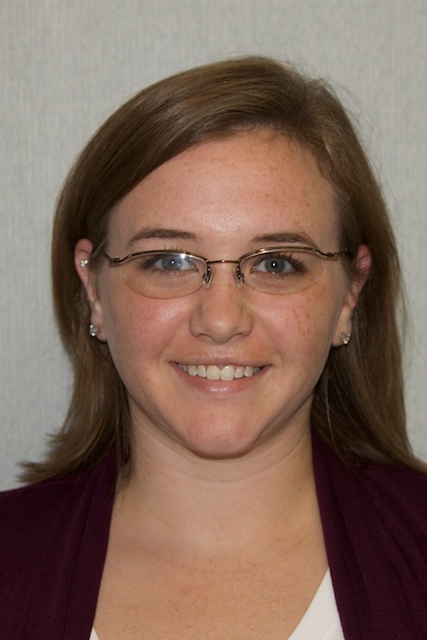Sunday, September 27, 2009
Mr. McClung
Wikipedia
But Wired has shown that Wikipedia's credible is changing. Due to Virgil Griffith there is now a way to track the IP address of anonymous editors. The program he is using ha traced edit back to companies and individuals like senators. The edit made on the post remove anything to blemish the company or individual's reputation. These removals can be very misleading and it why is hard to trust Wikipedia. But if Wikipedia starts putting Griffith's program to use they may one day become a very credible source. Check out the article at Wired.
Wednesday, September 23, 2009
Practice
 Here is a picture os Samford Hall at Auburn University
Here is a picture os Samford Hall at Auburn University
This picture of me was drawn by Tina. If was for one of her art classes at Auburn University .
Sunday, September 20, 2009
Randy Paush
Did You Know 4.0
Comment for Kids Week 3
Sunday, September 13, 2009
Mark Wesch
Kelly Hines and Technology
Mr. Fisch and Technologically Illiterate Teachers
Thursday, September 3, 2009
Langwitches
I went to the Langwitches blog to learn more about podcasts. This blog has some wonderful information about conducting podcasts. There is a step-by-step process of how to prepare and plan out a podcast. This will be helpful for those like me who like to have everything laid out before starting on a project. There are tips for recording audio as well, which will be extremely useful since I have no clue how to do this. The post about producing a podcast is essentially podcasts for dummies!
The post about reflections was very insightful about what she think makes podcasts a success in classes. The post lists some benefits of the podcasts and what the students learned but also some tips for teachers. I think this blog is great and will be very helpful in the future when it comes to making podcasts. I am most certainly going to be following this blog!
